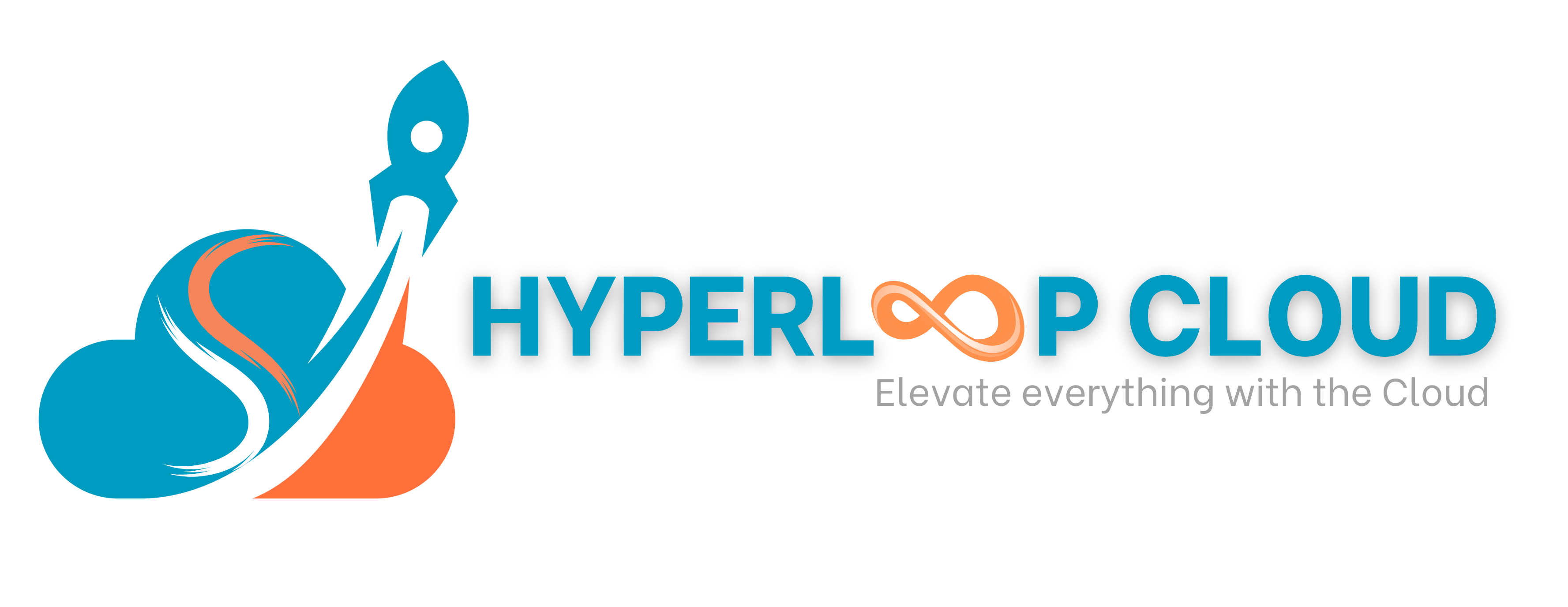
A physical cloud server, often referred to as a dedicated server in the context of cloud computing, is a single physical server dedicated to a single tenant or organization. This is in contrast to virtual cloud servers, which run multiple virtual machines on the same physical hardware. Here are some key aspects of physical cloud servers:
Features of a Physical Cloud Server
- Dedicated Resources: All hardware resources (CPU, RAM, storage, etc.) are dedicated to a single user, ensuring consistent performance.
- High Performance: Typically used for applications that require high levels of performance and reliability.
- Customization: Users have complete control over the server’s configuration, allowing for tailored solutions to specific needs.
- Isolation: Greater isolation from other users, enhancing security and reducing the risk of performance issues caused by neighboring virtual machines.
- Enhanced Control: Full administrative access to the hardware and software, giving users more control over the server environment.
Benefits of a Physical Cloud Server
- Performance Reliability: Ideal for resource-intensive applications, such as databases, large-scale websites, and enterprise applications.
- Security: Physical isolation from other users provides a higher level of security and data privacy.
- Customizability: Greater flexibility in configuring the server to meet specific requirements and performance needs.
- Compliance: Easier to meet regulatory and compliance requirements with dedicated hardware.
- Stability: Consistent performance without the potential variability introduced by shared resources in virtual environments.
Use Cases for Physical Cloud Servers
- High-Traffic Websites: Websites or web applications with high traffic volumes that require consistent and reliable performance.
- Databases: Large databases that need dedicated resources to ensure optimal performance and data integrity.
- Enterprise Applications: Mission-critical applications that require high availability, security, and customization.
- Data Analytics: Big data and analytics workloads that demand substantial processing power and storage capacity.

